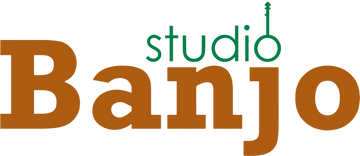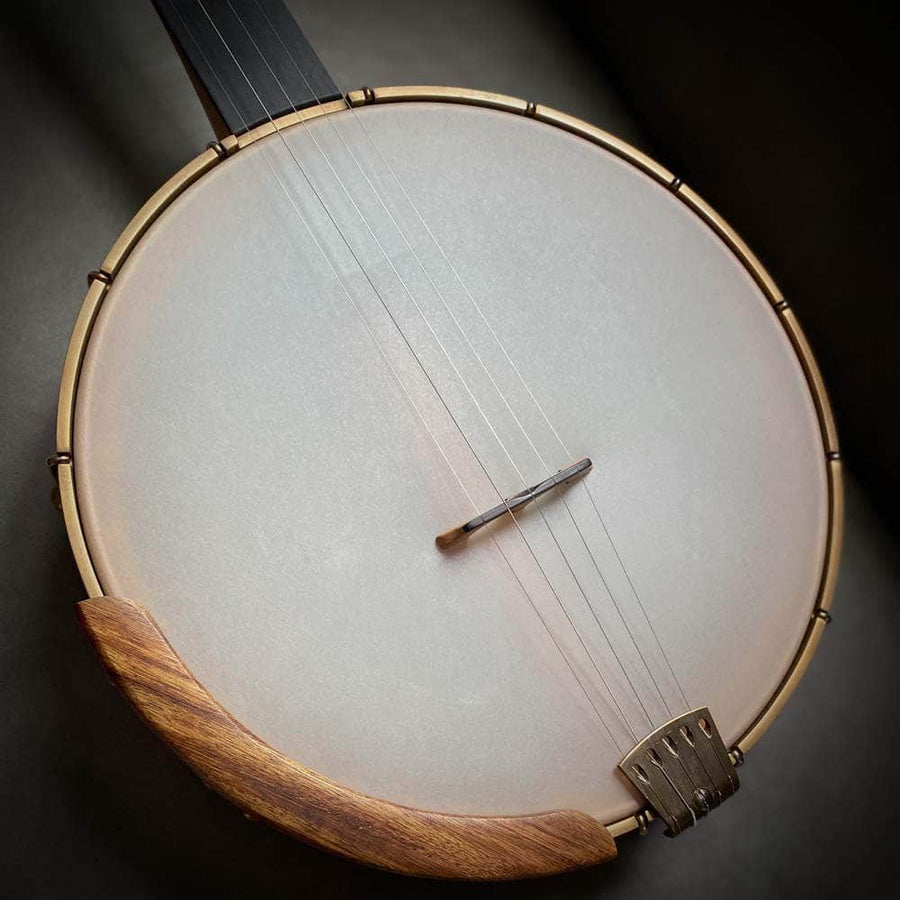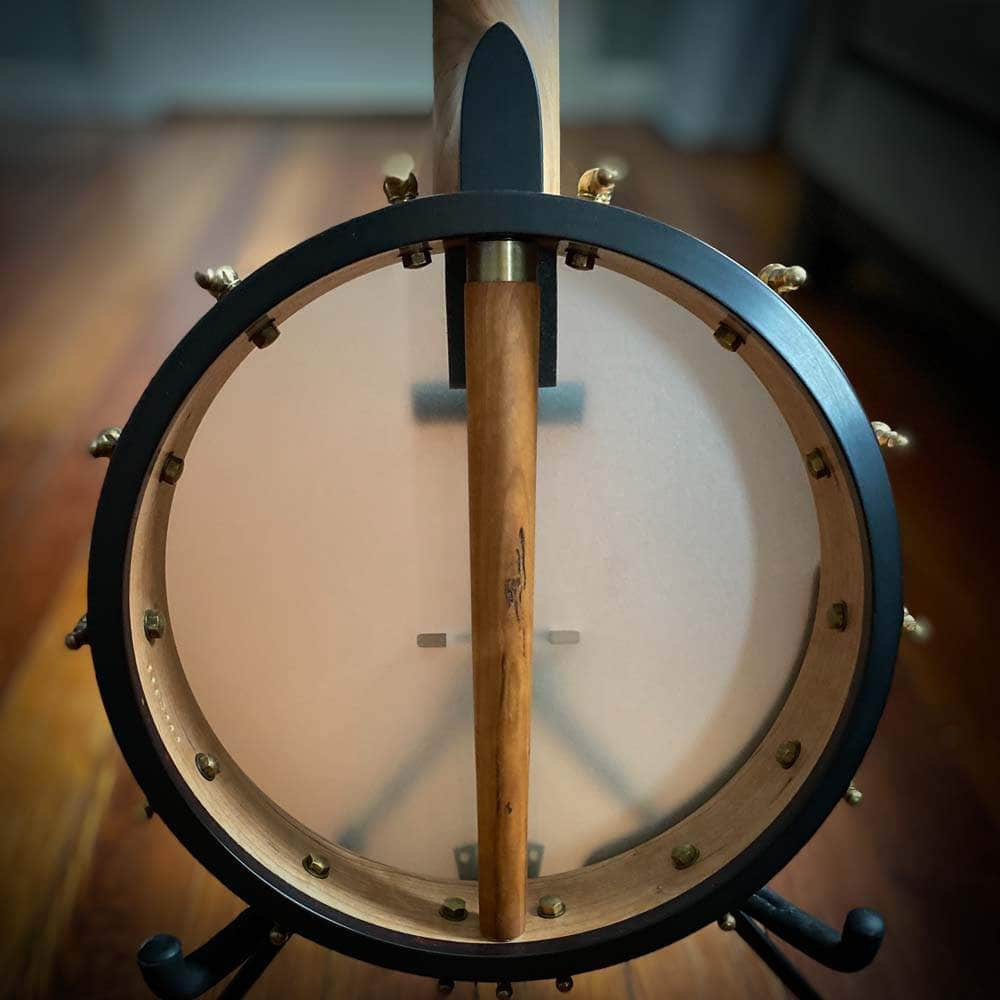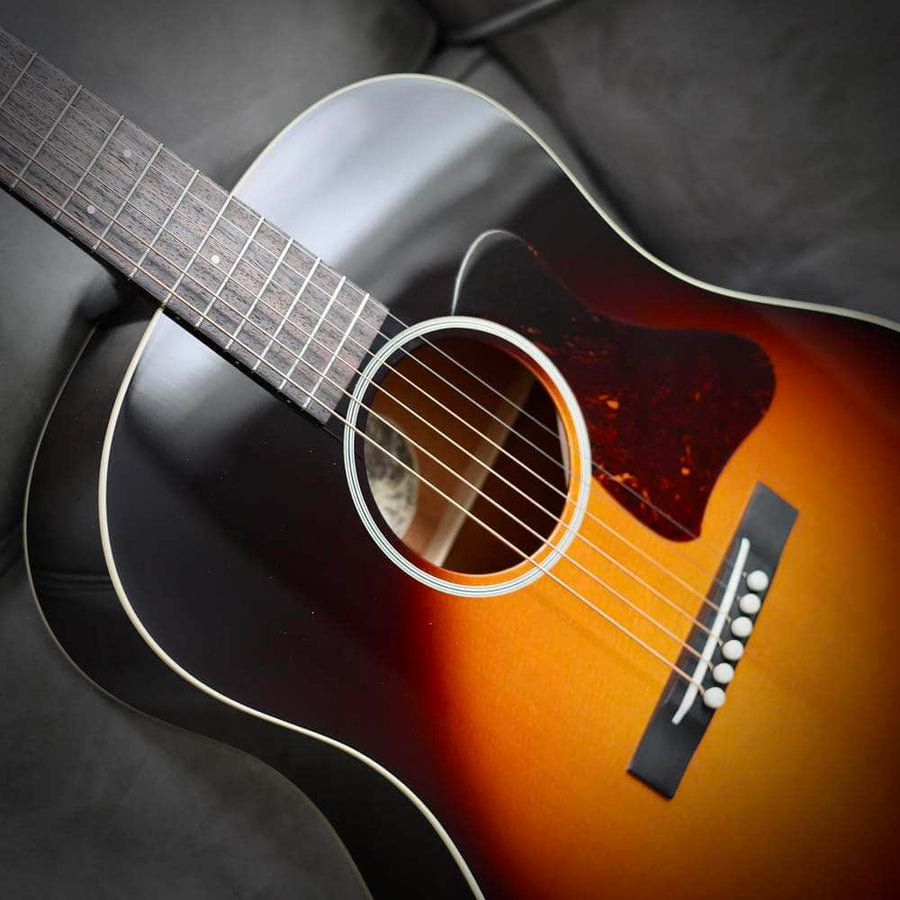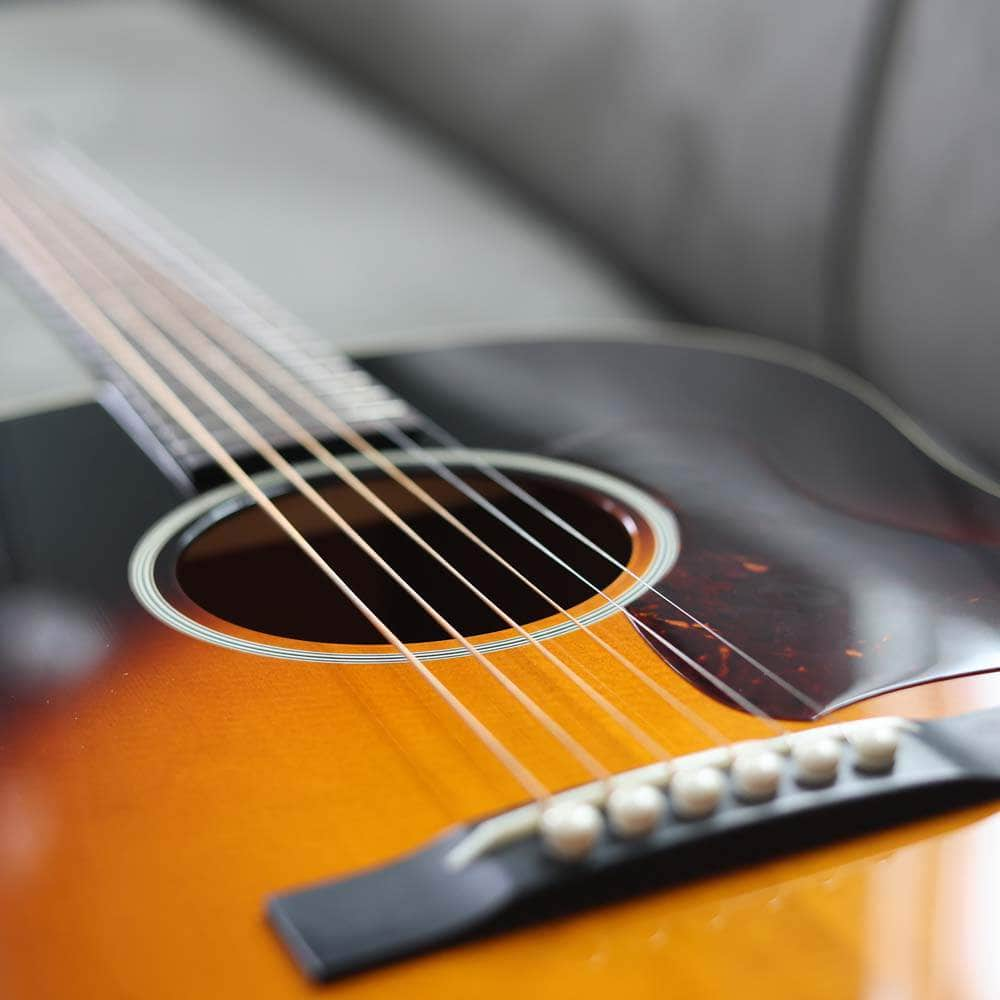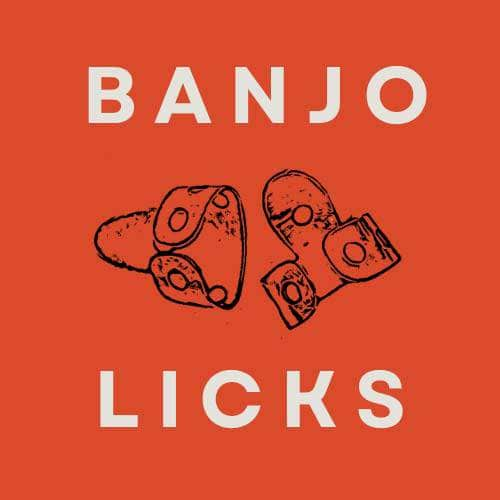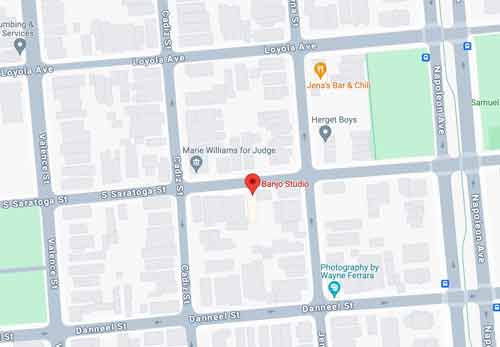FAQs When Buying A Banjo
1. What type of banjo should I choose?
Banjos come in various styles, including 4-string (tenor or plectrum), 5-string, 6-string, banjo ukuleles, and more. Your choice depends on your preferred playing style and the genre of music you want to play.
5-String Banjos - the most popular
The 5-string banjo is by far the most popular and iconic type. It is the go-to choice for bluegrass, old-time, folk, and country music. It features a short drone string that adds to its characteristic twang. The 5-string banjo can be played using various styles, including 3 finger/Scruggs style for bluegrass or clawhammer for old-time and folk music.
4-String Banjos (Tenor and Plectrum):
Tenor Banjo
The tenor banjo typically has a shorter neck and is tuned in fifths. It is commonly used in traditional jazz, Celtic, and folk music. Its crisp, bright sound is ideal for playing chord-melody arrangements and Irish jigs and reels.
Plectrum Banjo
Plectrum banjos are similar to tenor banjos but with a longer neck. These banjos are essentially a 5-string banjo without the 5th string and are tuned C,G,B,D. They are also popular in jazz, and their versatility allows for both chordal and single-note playing.
6-String Banjos
These type of banjos are tuned exactly like a guitar and are perfect for guitar players who want to get a banjo tone but don't want to learn a new tuning or playing style. Sometimes they are referred to as guitjos, banjitars, or other hybrid guitar/banjo names.
Banjo Ukuleles
Banjo ukuleles are just what the name implies. It is a cross between a banjo and a ukulele. It has 4 nylon strings and is tuned and played exactly like a ukulele. Great for ukulele players who want to add a new sound to their arsenal.
2. What's the difference between open-back and resonator banjos?
Open-back banjos are lighter and have a mellower tone. In a 5-string banjo, these are suitable for old time/clawhammer and folk styles. Resonator banjos have a louder, brighter, crisper tone and when on a 5-string banjo, they are ideal for bluegrass and country music. These banjos are generally more heavy due to the metal flange around the rim of the banjo that the resonator (the back) connects to.
3. What is a good banjo brand?
The top quality banjo brands that are currently being made consist of Deering, Vega, Rickard, Pisgah, Prucha, Huber, and Nechville. There are a lot of small makers making quality openback 5-string banjos as well such as Will Seeders and Jason Romero. All of these except Prucha banjos are made in N. America (Prucha banjos are made in the Czech Republic). We would recommend staying aways from banjos made in Asia at this time as the quality of these banjos generally is not very good.
4. Do I need any accessories with my banjo purchase?
You may want to buy accessories like a gig bag, strap, picks, and a tuner. These can help protect your banjo and enhance your playing experience.
5. How do I maintain and care for my banjo?
Regularly clean your banjo, change the strings when needed depending on how much you play it, and keep the head tightened. Learning basic maintenance can help keep your banjo sounding and playing its best.
4. What materials are banjos typically made from?
- Banjo components are often made of wood, with various options for the neck and body, such as maple, mahogany, and walnut. The banjo head can be made of plastic or animal skin.
8. What should I look for in a banjo's hardware and finish?
- Consider the quality of tuners, tailpieces, and the bridge. High-quality hardware enhances tuning stability. The finish should be durable and aesthetically pleasing.
11. Should I buy a new or used banjo? - Both options have their advantages. New banjos often come with warranties and the latest features, while used banjos can be more affordable and may have a unique character.
12. Can I upgrade my banjo in the future? - Yes, many banjos can be upgraded with better components, such as a new bridge, tailpiece, or tuners, to improve their sound and playability.
13. Where can I find banjo lessons or a teacher? - You can find banjo lessons online, through instructional books, or by seeking a local banjo teacher. There are also many helpful banjo communities and forums for guidance.
14. How do I choose the right banjo for my budget? - Determine your budget and explore banjos within that range. Consider both new and used options, and don't forget to factor in the cost of essential accessories.
When choosing a banjo, consider your musical goals, the genres you want to explore, and your personal playing style. Keep in mind that your choice may evolve over time as you grow as a musician, and it's not uncommon for banjo enthusiasts to own multiple types to diversify their musical capabilities.
